Friesland, Netherlands — In the diverse landscape of amateur radio, regional chapters serve as crucial conduits for local engagement and global communication. The VERON A-14 Friesland-Noord section exemplifies this dual mandate, actively promoting radio activities within its geographical remit while facilitating the essential logistics of international QSL exchange.
The chapter is governed by a dedicated board comprising experienced operators:
- Chairman: Henk Dekker (PA3FHZ)
- Secretary: Peter Wijbenga (PE1CDA)
- Treasurer: Tom Pitstra (PA2IP)
- Members: Brant Visser (PEoBV) and Piet Sjaardema (PE1SJA)
Beyond its administrative core, the chapter relies on a network of specialized sectional staff. The Service Bureau offers general information, directed via the secretary. The Friesland-Award is managed through a dedicated email channel (pi4lwd@veron.nl), indicating a regional recognition scheme for radio achievements. Crucially, the Regional QSL Manager (RQM) for Region 14, Brant Visser (PEoBV), acts as the primary local contact for QSL card management, based in Veenwouden.
Communication within the chapter is significantly enhanced by its dedicated publication, CQ-Friesland-Noord. Tom Pitstra (PA2IP) oversees the layout and final editing, supported by contributors Marten v/d Velde (PA3BNT) and Henk Zwier (PA3CLL). The physical preparation and dispatch of the publication are handled by Douwe (PA3ABT), Piet (PE1SJA), and Tom (PA2IP), ensuring timely dissemination of regional news and technical insights.
The Dutch QSL Bureau: A Gateway to Global Contacts
A cornerstone of international amateur radio relations is the Dutch QSL Bureau (DQB), serving as the central hub for receiving and dispatching QSL cards worldwide. This invaluable service, provided free of charge to members of VERON and VRZA, facilitates physical confirmation of radio contacts. Non-members can also avail themselves of this service for a fee, a testament to the significant operational costs, including approximately €10,000 annually in postage alone.
The DQB operates a sophisticated automated system accessible via www.dutchqslbureau.nl, where members can log in to manage their information and access vital resources. This portal offers guidelines on QSL card formats, recommendations for completion, a link to the IARU list of countries with QSL bureaus, and a comprehensive prefix list. Furthermore, through the linked platform www.dqbmanager.nl, members can verify their designated QSL region and update their details. This regional allocation typically dictates where members can collect or deposit their QSL cards at local meetings.
For those preferring alternative delivery methods, the Regional QSL Managers (RQMs), such as Brant Visser (PEoBV) for Friesland, orchestrate local distribution. Options include collection and deposit at local chapter meetings, a dedicated postal service requiring a deposit to cover postage and a small annual fee for materials, or direct pick-up and drop-off at the RQM's home.
The Friese Elfstedencontest: A Regional Highlight
A prominent event in the VERON A-14 calendar is the Friese Elfstedencontest (Frisian Eleven Cities Contest). The next iteration is scheduled for Sunday, November 16th. The organization can be contacted via PI4LWD@veron.nl, with Peter (PE1CDA) coordinating station activations across the contest cities.
The contest rules encourage participation across the Netherlands, with QSOs within the local Region 14 earning 1 point, and contacts with stations outside Region 14 earning 2 points. This scoring mechanism is designed to incentivize the use of horizontal directional antennas, particularly from Friesland, to facilitate connections with stations across the country, enhancing regional and national connectivity on the 2-meter band. The contest rules also address common inquiries regarding QSL regions, scoring intricacies (recommending N1MM's "DX" log type with manual score calculation), and results dissemination (published in Electron's February issue and CQ Friesland-Noord's February PDF, typically by late January on the website). Foreign stations are welcome to participate, with all their QSOs scoring 2 points regardless of region.
The contest organizers strive to activate at least one station per city per band, especially in areas without active resident amateurs, though unforeseen circumstances can impact coverage. Aspiring city activators are encouraged to contact Peter (PE1CDA) in advance to coordinate efforts and avoid duplicate activations. While minor deviations from city limits are permissible with prior organizational consent, the contest strongly emphasizes a "sporting" approach, encouraging participants to uphold fair play and simplicity in the rules. A proposal to shift the contest to the 40-meter band in 2016 and 2017 was ultimately unsuccessful due to operational challenges and negative feedback, underscoring the specific operational niche the contest occupies.
The VERON A-14 Friesland-Noord chapter, through its dedicated leadership, comprehensive QSL services, and engaging regional events like the Elfstedencontest, plays a crucial role in sustaining and developing the amateur radio community in its part of the Netherlands.


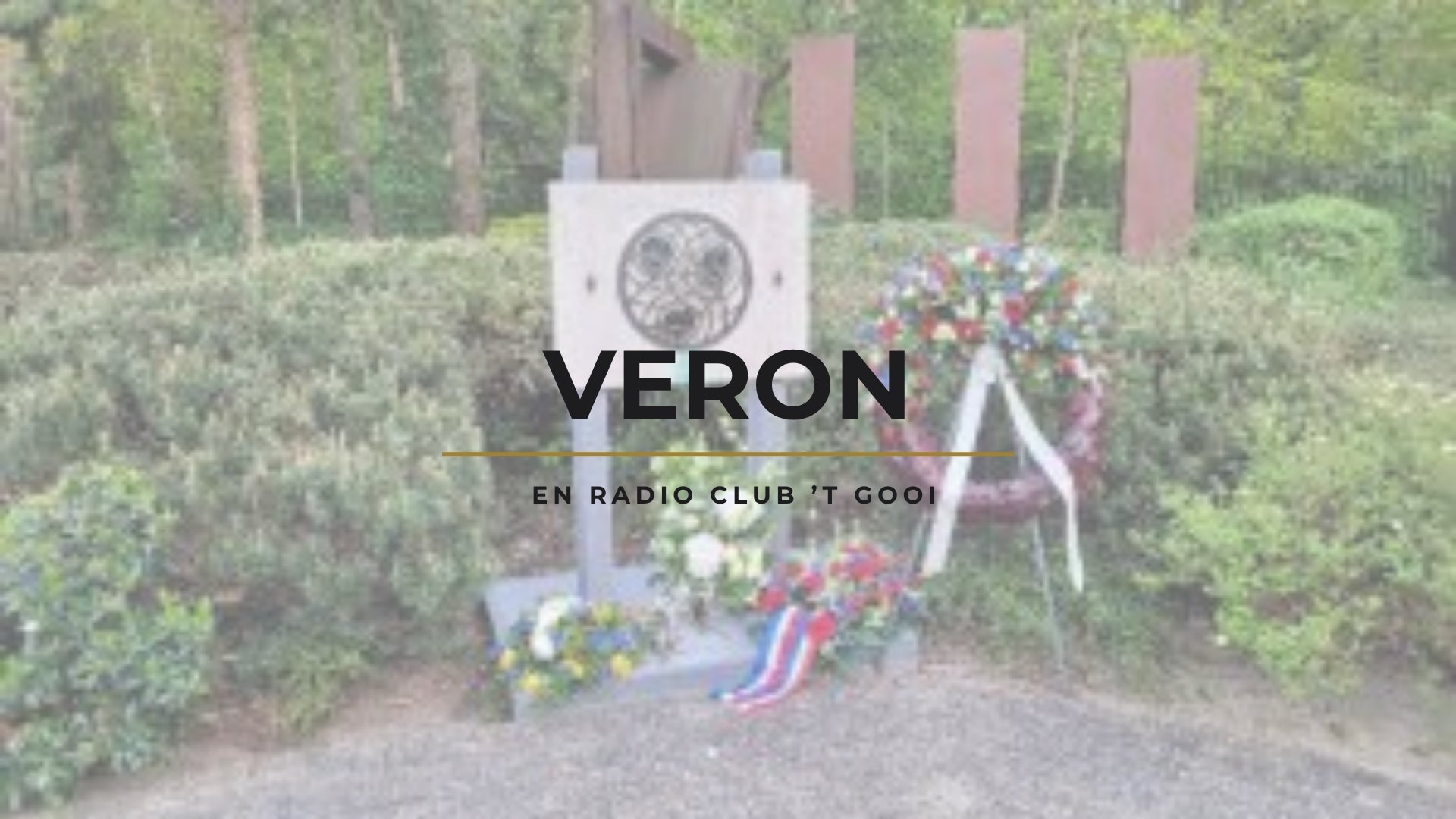

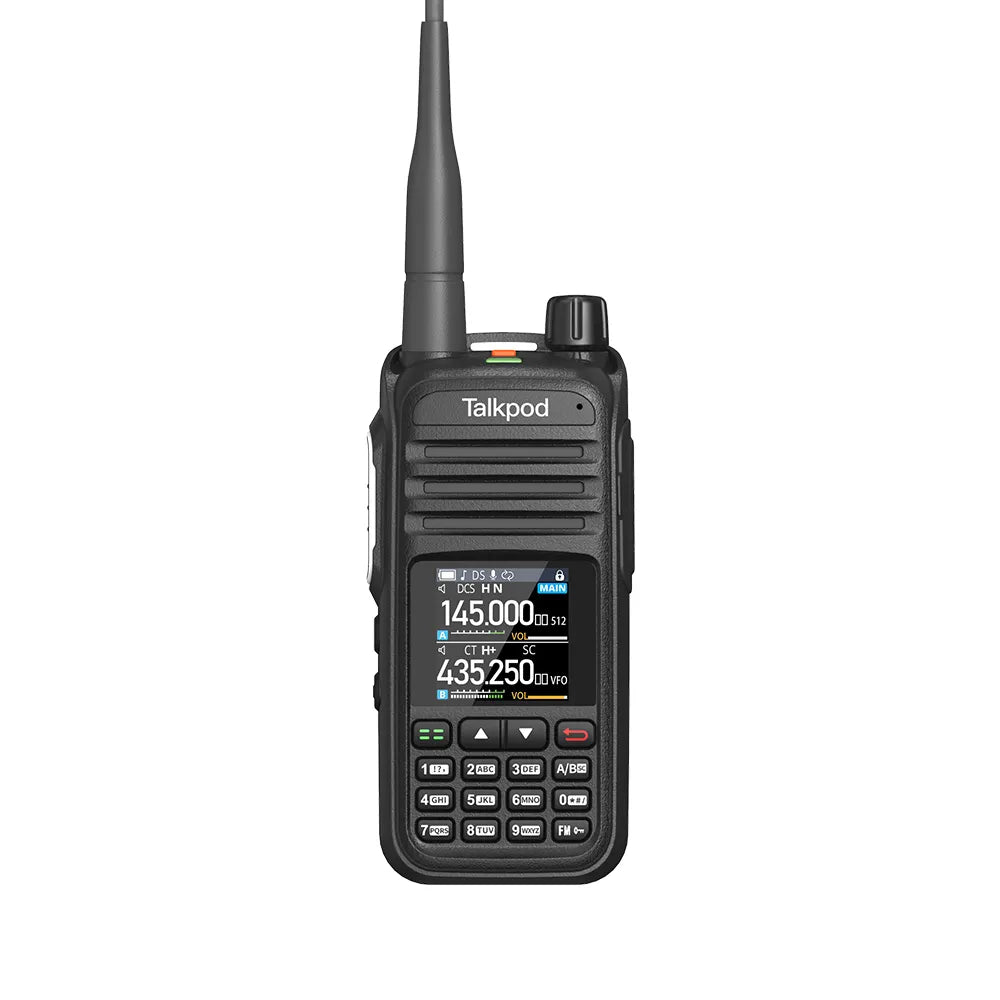
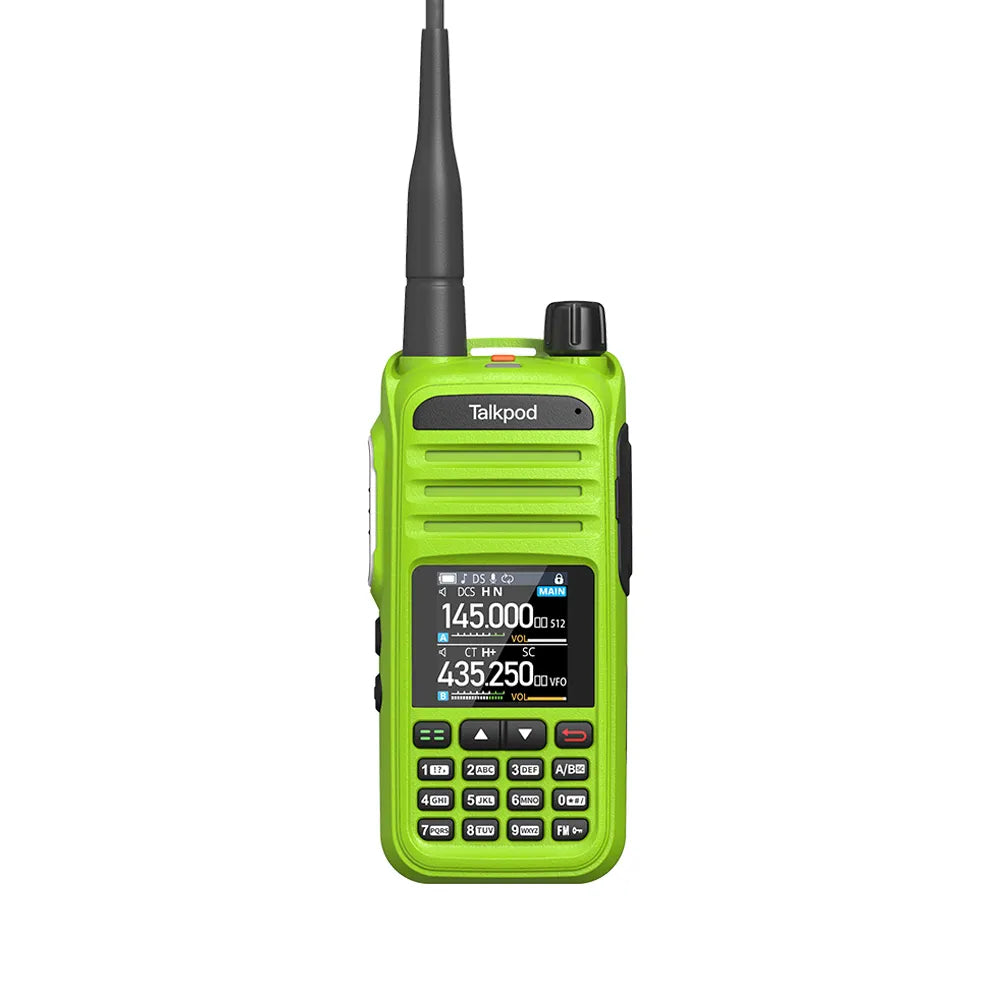
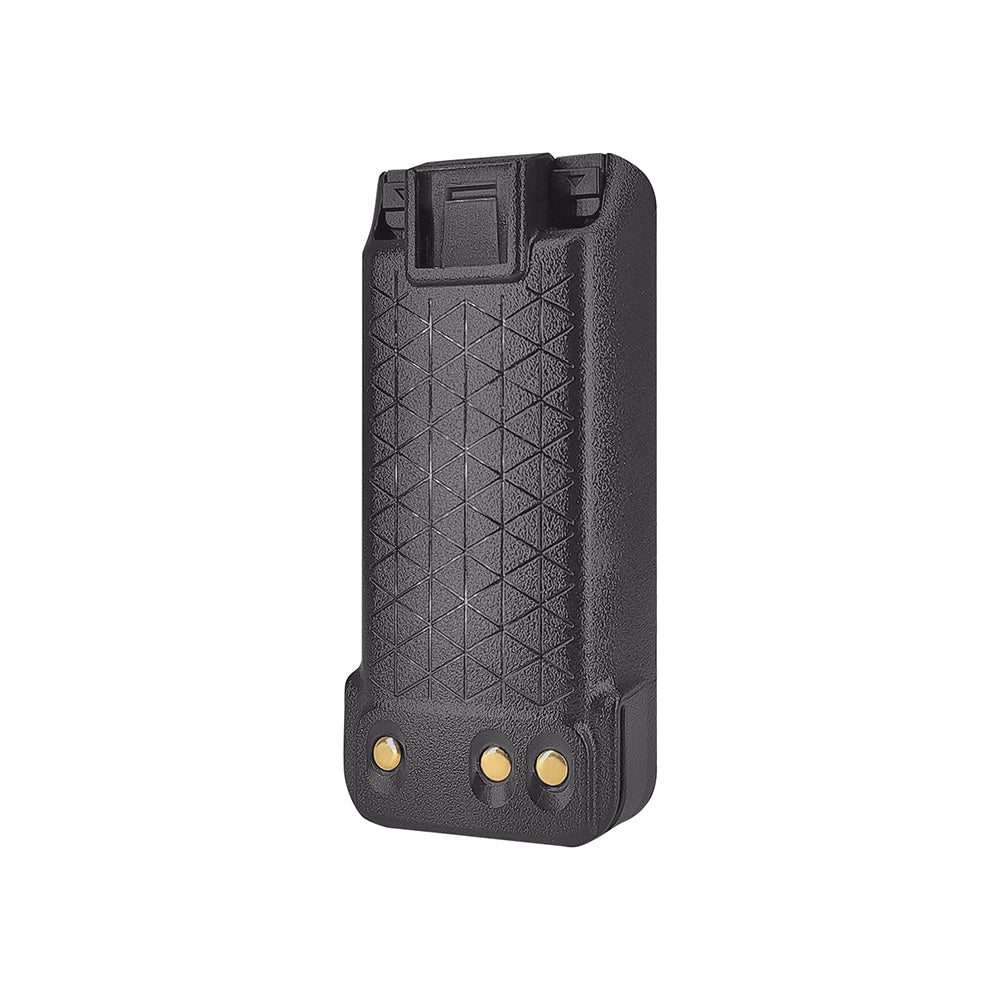
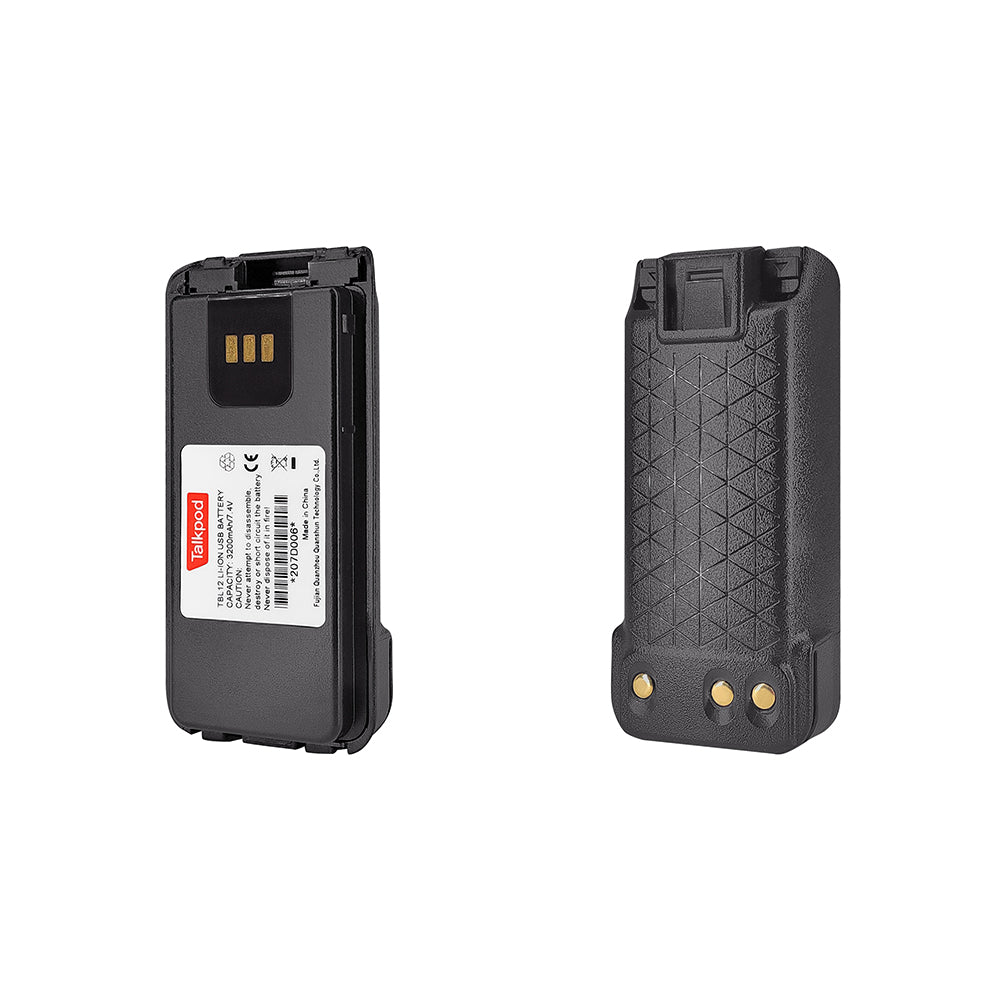
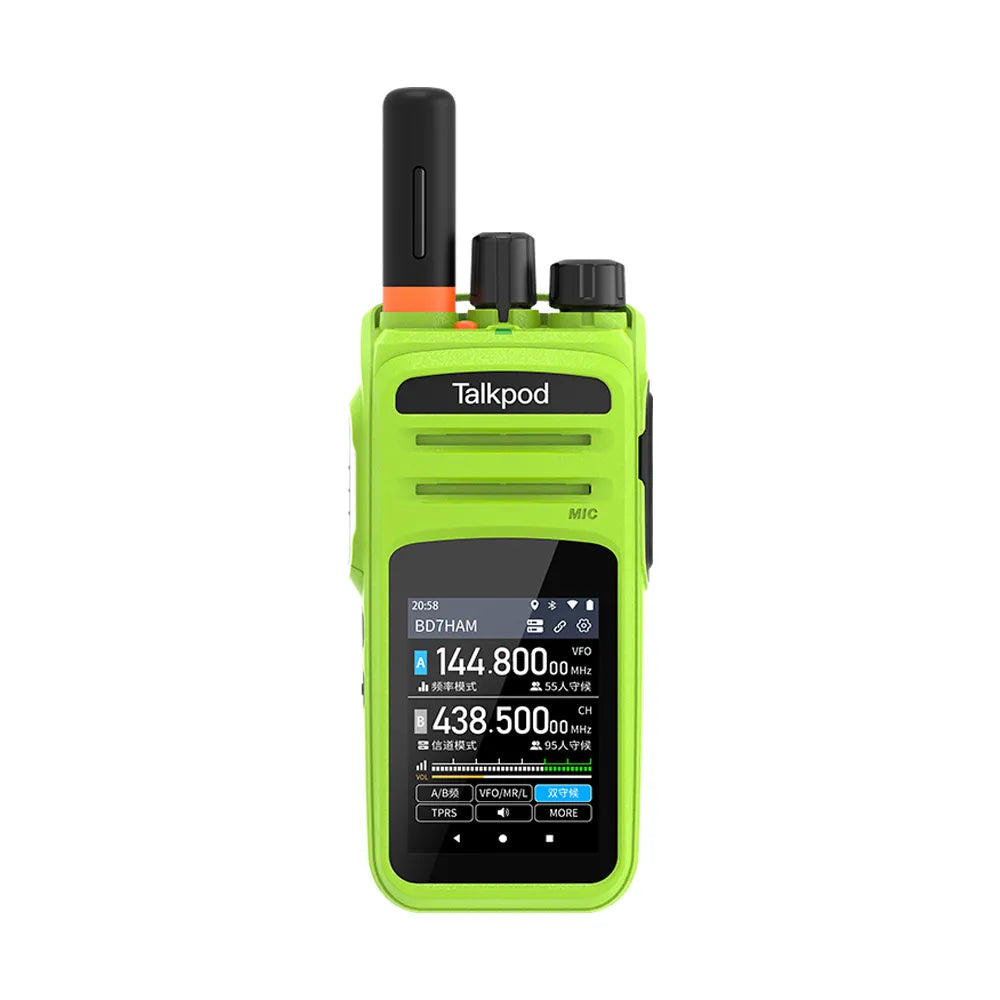
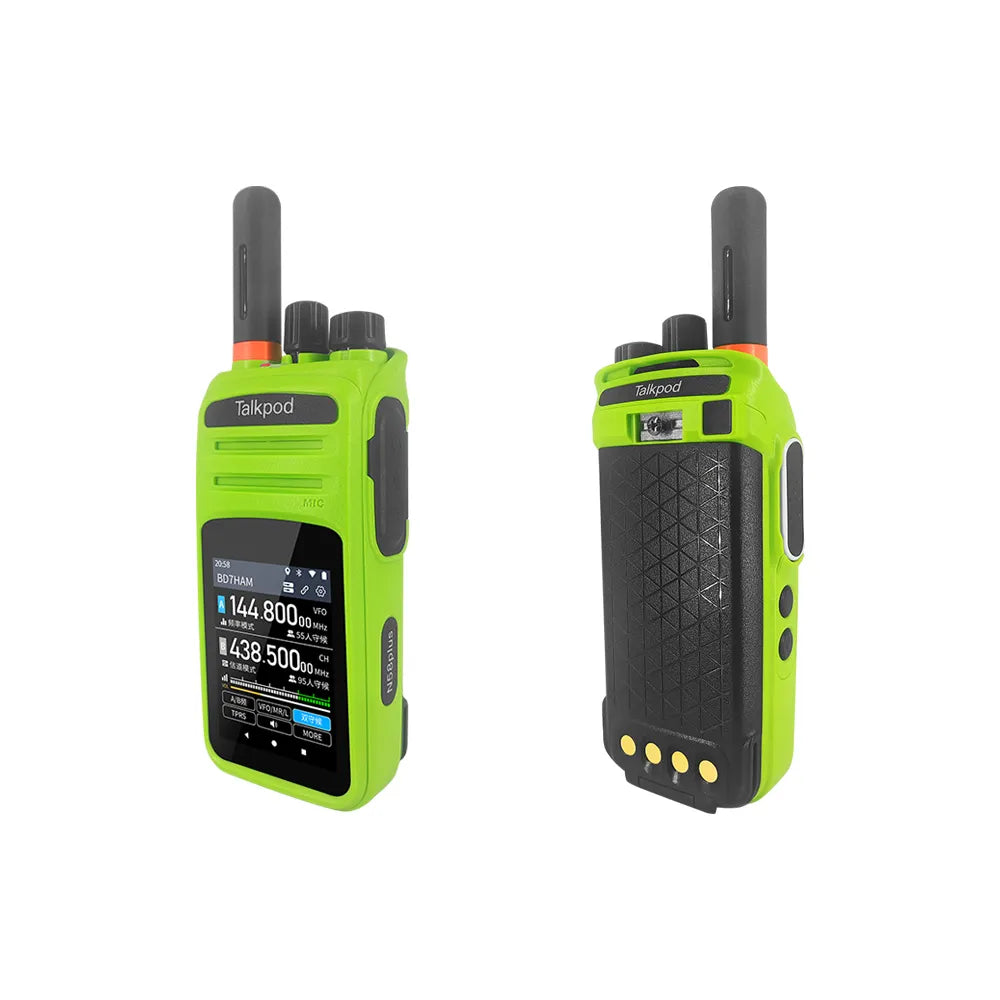
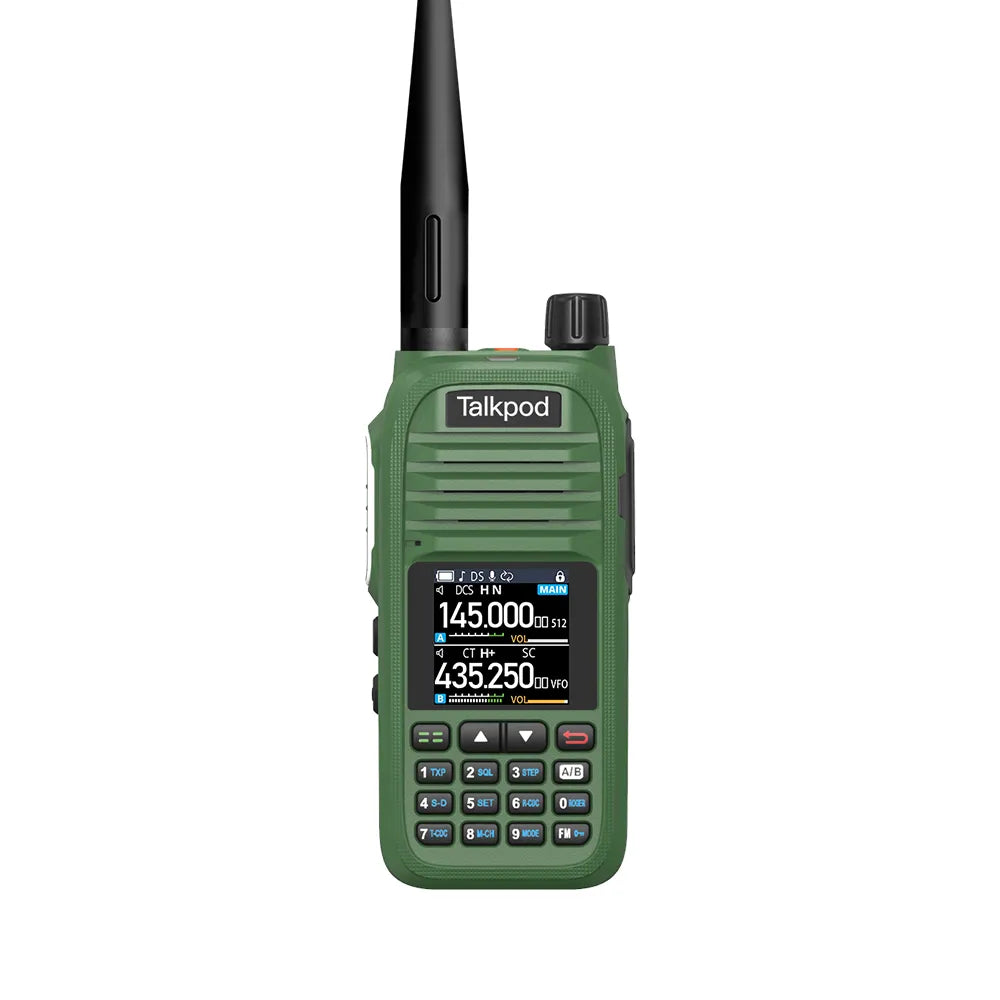
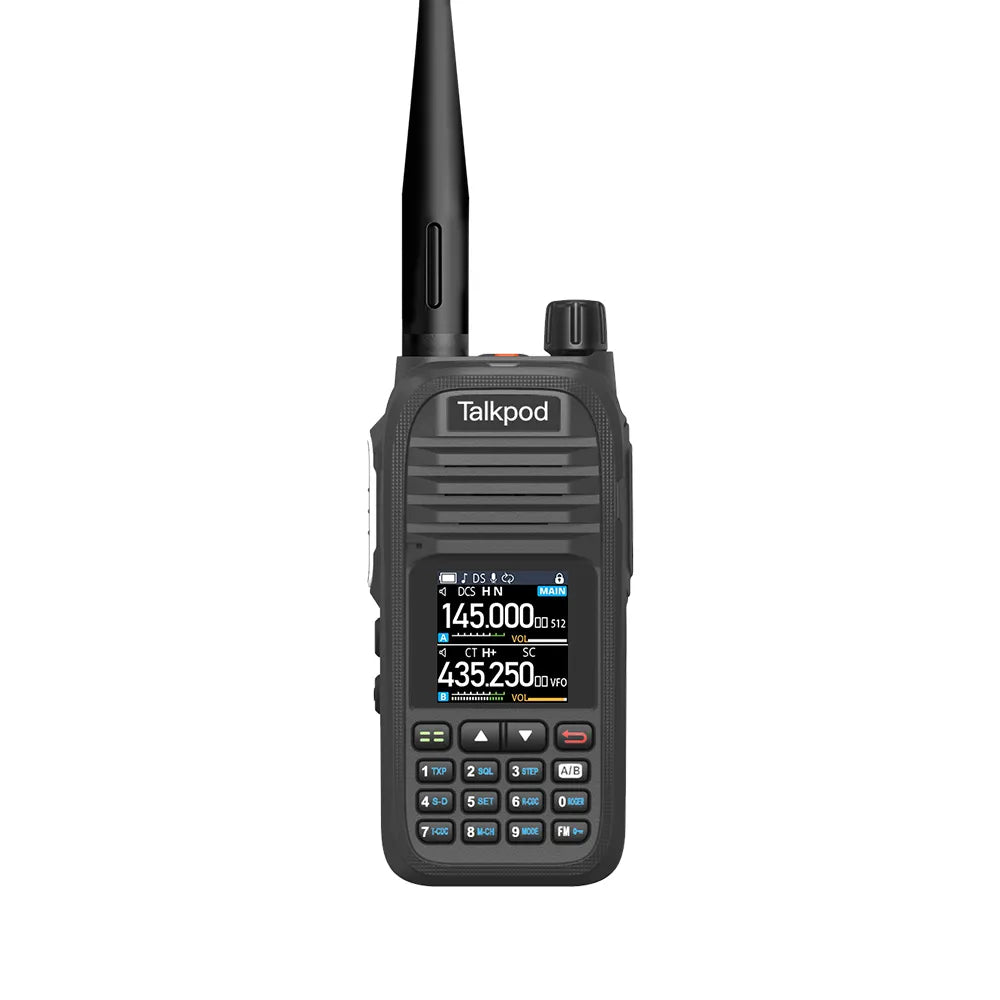
Leave a comment
All comments are moderated before being published.
This site is protected by hCaptcha and the hCaptcha Privacy Policy and Terms of Service apply.